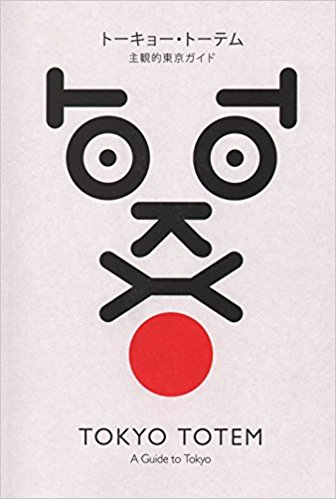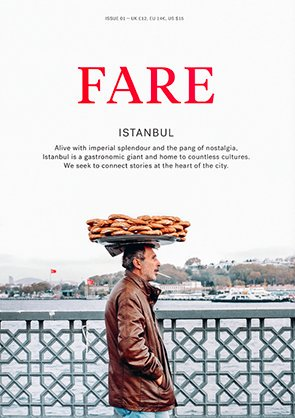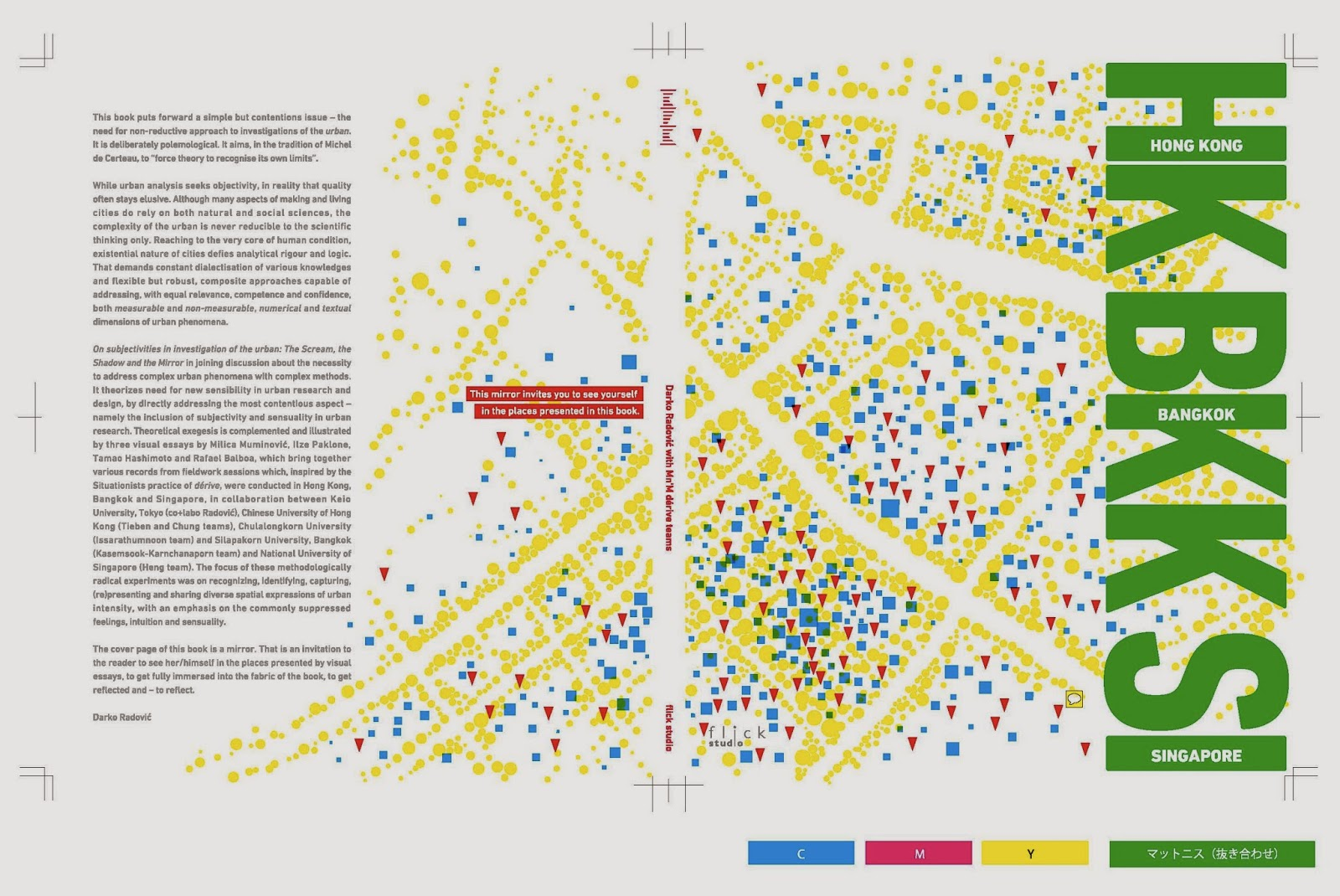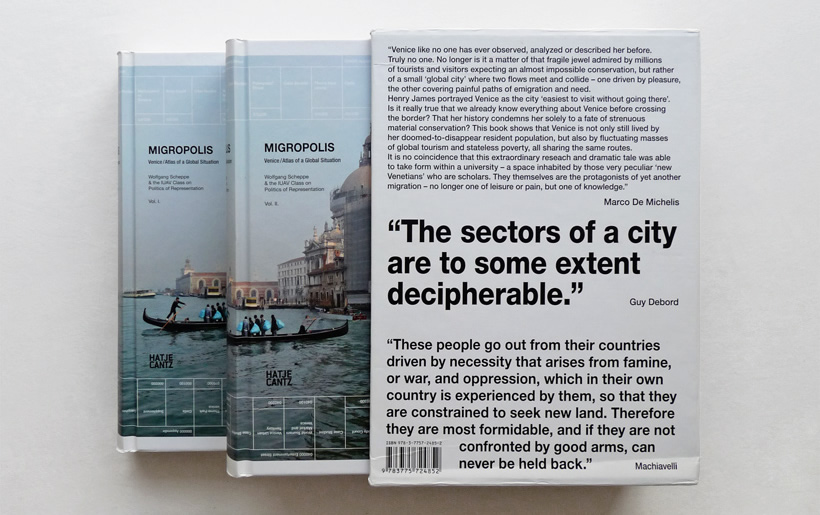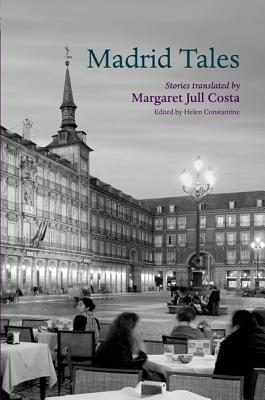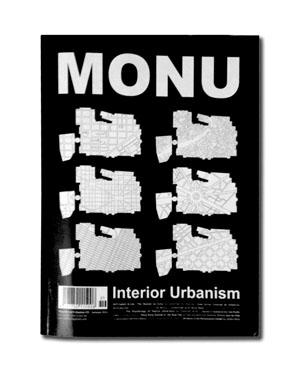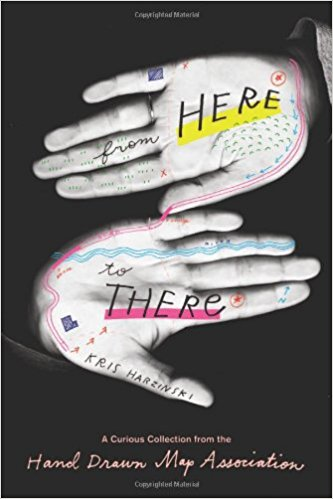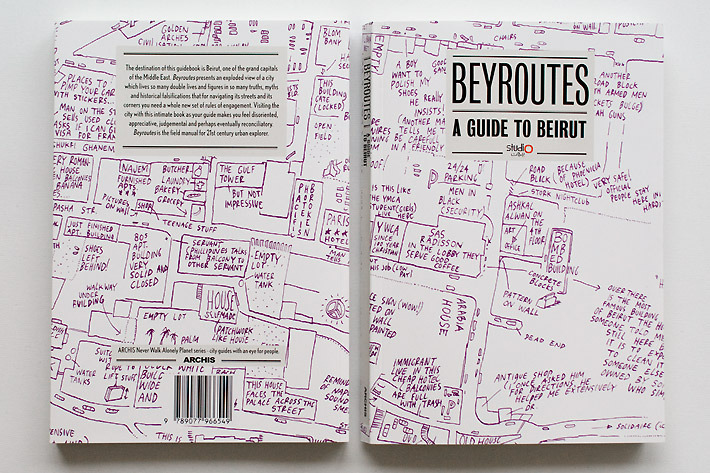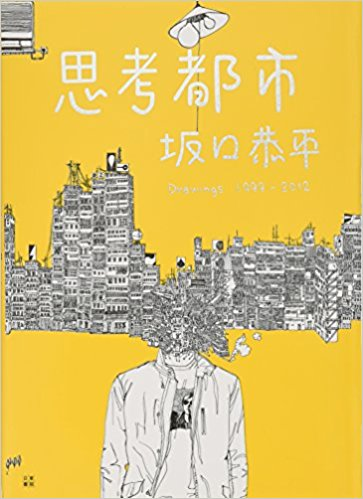There are many great books out there on urban planning and design, but I realized not many of them quite sum up the full scope of roles of urban analysis and research. I believe that analytical process to make sense of our cities itself is a creative act, which has a power to give us the different ways of perceiving our urban surroundings.
Here are my 9 favorite books that show you the beauty of getting deeper knowledge of your city. Each of them have their own unique perspectives and methodologies to approach the urban realities (or non-realities), and they all invite you to observe your cities with different angles, rather than ‘teaching’ what they are.
1. Tokyo Totem
It was created by Amsterdam-based research lab Monnik, based on the workshop they did while staying Tokyo .Tokyo Totem is an ultimate subjective guide to Tokyo — it doesn't tell you where to go and what to see (like Lonely Planet), but rather, gives you an idea of “how” to see, and experience Tokyo in your personal way, and make it your own.
2. FARE MAGAZINE
Fare is all about food and cities! It’s it the best combination? Each issue focuses on one specific city, and by telling the immersive stories of its food and local culture, it explores and discovers the complexity and richness of the neighborhoods.
3. Measuring The Non-measurable 06: Subjectivities In Investigation Of The Urban
Darko Radovic is one of the best urban researchers I know, who is a professor of Architecture and Urban Design at Keio University, an initiator and a founding co-Director of International Keio Institute for Architecture and Urbanism. This book contains the research output from three cities, Tokyo, Bangkok and Singapore by his student, which beautifully depicts the urban texture of each city.
4. Migropolis
Incredibly thick and rich analysis and archive of Venice, as the prototypical city confronting the forces of globalization and mobility in the 21st century. You can get drunk by the tens of thousands of photographs, case studies, movement profiles and statistic data in this book!
5. City Tales series by Helen Constantine
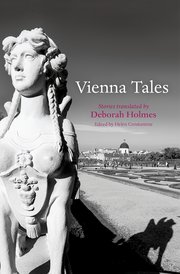
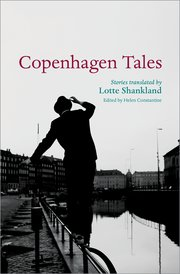
An editor Helen Constantine from Oxford press published a series of the collections of short stories about cities. Each stories from a different century and genre is set in a specific city, and after reading an entire stories from a book, I bet you feel like you just traveled the city from corners to corners, from time to time.
6. MONU
MONU is a magazine on urbanism and I love their unique perspective — such as ‘interior urbanism’ and ‘decentralized urbanism’. Their comparative analysis helps us to make sense of our cities from a variety of perspectives.
7. From here to there
A Curious Collection from the Hand Drawn Map Association, and it’s all about maps! The interesting thing about a hand draw map is that it always delivers a writer’s subjective spacial understanding. The book is not exactly focused on research or analysis, but it surely makes you explore the hundreds of differently ways of understanding space/place.
8. BEIRUT
Presented by Monnik, an Amsterdam-based research lab (same as Tokyo Totem). This book also doesn’t quite tell you its sightseeing spots and places to eat, but after reading it, you can feel like you just finished a very long/deep conversation with locals — and understand the city in a unique way.
9. 思考都市 — A city of thinking
This book is available only in Japanese at the moment, but dozens of detailed illustrations by Kyohei Sakaguchi is definitely worth checking. Most of them are the sketches from his fieldwork on homeless people living in Tokyo.
Intrigued?
Last but not least, I recently came across RAD (Research for Architecture Domain), Japanese collaborative research-based practices, and I love what one of the co-founder Kawakatsu says at DOMUS;
we specifically think of research as a performative act that always operates in connection to practice. Although it may at times be similar, we do not position the research as being academic, nor as a preliminary step for making something. What is important is that it is inductive, engaged with the field, and evidential.
Let me know your recommendation as well!

